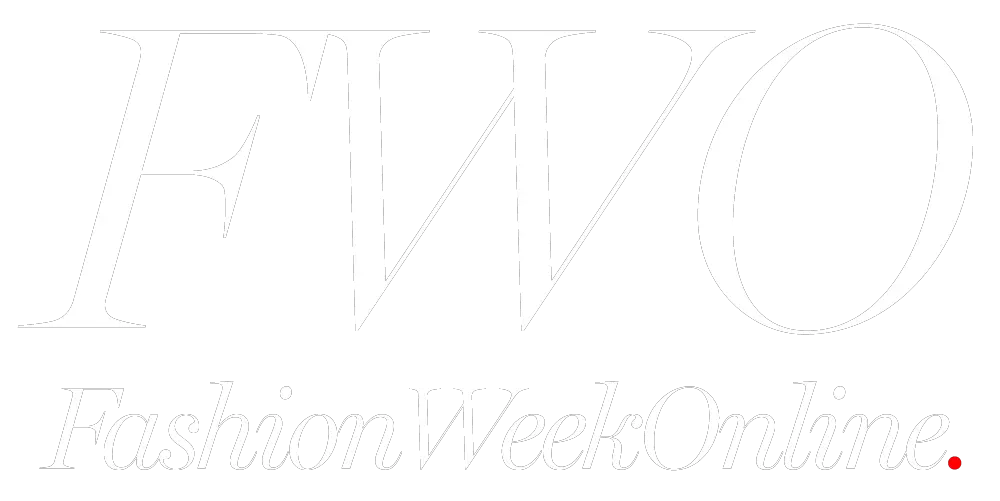In the next ten years, from 2023 to 2033, the plus size clothing market is expected to grow at an average annual rate of 5.7%.
The market will be worth $288 billion in 2023 and is expected to reach $501.35 billion by 2033. The U.S. is leading this market with a 40% share in 2023.
Right now, many famous clothing brands have expanded their plus size clothing lines.
- Forever21 Inc.
- MANGO
- H&M Hennes & Mauritz AB
- Hanesbrands Inc.
- FTF IP COMPANY
- ADIDAS AG
- ASOS PLC
- CAPRI HOLDINGS LIMITED
- NIKE, INC.
- PUMA SE
- RALPH LAUREN CORPORATION
- UNDER ARMOUR, INC.
- WHP GLOBAL
Who is the best supplier for your plus size clothing store?
Wholesale plus size clothing suppliers might be different from the retailers you find online. First, you need to research what your customers want and which type of customer you want to serve. Find reputable, reliable, and reasonably priced suppliers who will offer the fashionable plus size clothes you want to stock in your store.
Five Main Points take note:
- Price – Think about your input and output ratio The only way to keep a business running is to make money.
Besides shop costs, buying costs, and shipping costs, think about storage and marketing costs. So, price your items correctly. Know the prices of similar items and check out your competitors. See what styles they have and who their audience is, then set competitive prices for your items to increase your profit. - Reputation and Reliability – Check the reliability of the supplier Comparing prices from different suppliers can save money in the long run.
But also consider the supplier’s reliability. Check reviews on third-party websites like Google, Trustpilot, and Sitejabber. Look at their social media posts to see how often they update with new items. - Flexibility – What’s the return policy? Does the supplier offer reasonable shipping costs and times? How quickly do customer managers respond to your needs?
You need to understand the supplier’s return and shipping policies, usually found at the bottom of their website.
Talk to their customer manager to confirm details. Shipping policies affect your inventory turnover, so pay attention! Quick responses from customer managers are a sign of a reliable supplier. They should meet your needs promptly. - Sales Channels – Where will you sell these clothes?
Understand the market you are entering. Who are your target customers? Where will they shop, and how can you attract them? Stay updated on trends because some fads don’t last long, so don’t overstock.
Options for selling clothes include opening a physical store, an online store, or using platforms like Amazon and eBay. It depends on your target market, budget, and how quickly you want results. Online stores can reach a wider audience and allow you to work from anywhere. Some suppliers offer wholesale, drop shipping, and custom services. If you are starting, consider a supplier that offers drop shipping and open an online store.
However, physical stores can build credibility, provide customer interaction, and let you display more products. Some customers prefer to buy in-store after checking products online. Having both a physical and online store can boost your brand’s credibility. - Set Up a System to Track Inventory and Logistics and keep in touch with your supplier’s customer manager
Running out of popular items can disappoint customers and hurt your profit and brand reputation. Set up a system to track inventory so this doesn’t happen. You’ll know which items sell well and which don’t. Track demand and adjust inventory levels as needed. For big sales events like Black Friday or Christmas, plan your stock accordingly.
Tracking logistics helps you handle any shipping issues customers may have. Long wait times for customers can have a negative impact on your store’s reputation. Stay in touch with your supplier’s customer manager to get the latest trends and reduce the time and effort spent on sourcing products. If the supplier impresses you with the first order, continue working with them to get more discounts and save time and money.
Focus on your customers and run your business well
The plus size clothing business can be very rewarding and is growing every year. Understand your niche market, choose the right suppliers, and decide where and how to sell your products. Build a loyal customer base by providing what they need at fair prices. Keep in touch with your suppliers. Good luck!
##




